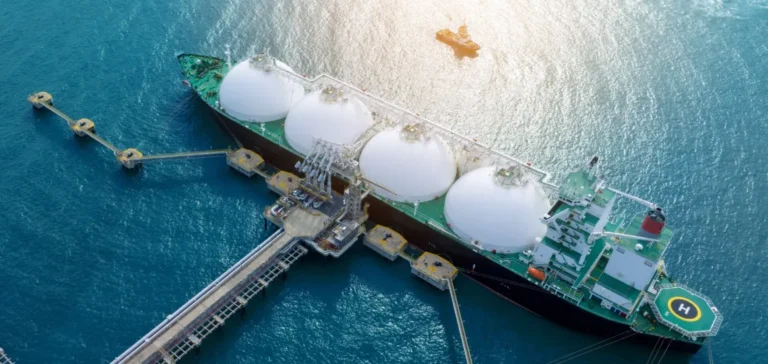The Australian government has announced it may introduce a gas reservation on the east coast, according to a statement from the Department of Climate Change and Energy. This proposal is part of a comprehensive review of gas market rules, conducted in response to warnings from the Australian competition regulator about a potential shortage within three years. The country’s main gas reserves are currently located in the northwest, far from the major consumption centres on the east coast.
Supply pressures and the role of exports
The Australian Competition and Consumer Commission (ACCC) has recently warned of an impending supply deficit for the east coast, noting that this shortfall could materialise without new investments. While Australia exports more gas than it consumes domestically, the government aims to maintain its reputation as a reliable supplier of liquefied natural gas (LNG) on the international market.
Options under consideration include strengthening export controls, adjusting the mandatory code governing sales on the east coast, and new agreements between the state and major producers. Prime Minister Anthony Albanese and his government view gas as a central component of Australia’s long-term energy mix, even beyond 2050, as coal-fired power generation declines.
Regulatory stability and industry responses
The ongoing review aims to improve the “coherence and effectiveness” of existing rules, according to the ministry. Key areas of focus include supply security, transparency, pricing, market conduct, and the regulatory impact on the competitiveness of Australia’s LNG sector. The Minister for Climate Change and Energy, Chris Bowen, clarified that any gas reservation requirement would be prospective and would not affect existing company contracts.
Certain government measures have drawn criticism from the sector. In 2022, Australia introduced a cap on wholesale prices to contain increases triggered by the war in Ukraine, a decision that has since been incorporated into the mandatory industry code of conduct. Several producers, including Shell for the Queensland Curtis LNG project and ExxonMobil in the Bass Strait, have raised concerns about the regulatory impact on their operations.
Implications for international stakeholders
Japanese LNG importers, among Australia’s main clients, told Reuters that the Labor government’s policy has heightened uncertainty around supply and led to higher costs at facilities in which they hold stakes. The review of market rules may thus affect not only national energy security, but also Australia’s position in the global LNG market. The sector is closely monitoring developments in the debate over a potential gas reservation, as the country weighs domestic demand against international commitments.






















